Mozambique: Chapo approves CNDS Rules of Procedure
Member countries will contribute 0.2% of their trade revenue to the AU – New funding model
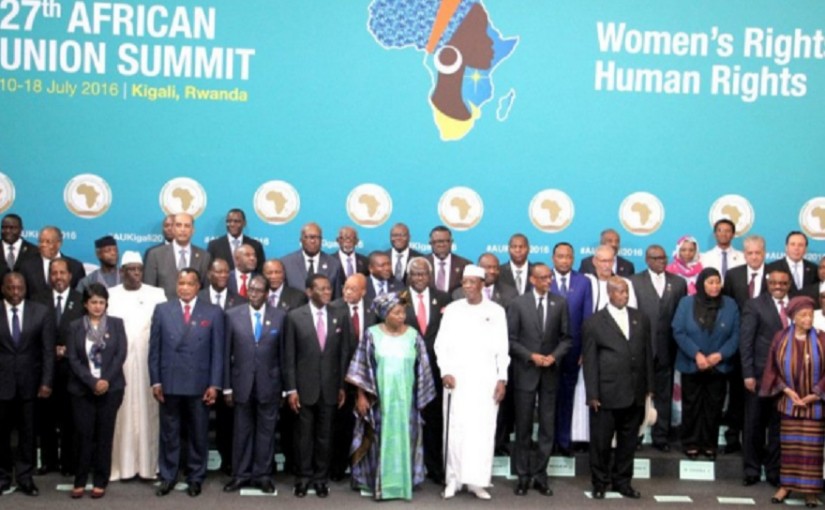
The AU has introduced a new funding model that could see SA fork out an additional R2.2bn to bankroll the cash-strapped body.
SA already pays millions towards the upkeep of the Pan African Parliament that it hosts on behalf of the AU.
It also forks out more in peacekeeping missions, undertaken in numerous hotspots in the continent, and is a generous donor to its struggling peers.
But despite this, the decision has been widely welcomed as a step in the right direction by most political observers.
The funding model, in which every member country will contribute 0.2% of its trade revenue to the AU, was announced at the just-ended summit in Kigali by Rwandan Finance Minister Claver Gatete. Observers said the model was more efficient than the current method, in which most of the funds came from foreign donor countries.
Department of Trade and Industry director-general Lionel October said on Sunday the proposal had been on the table for a while, and the new funding formula was derived from a trade model. “As a percentage of trade, SA imports comprise about 30% of GDP, which is in the region of R1-trillion.
“Some of this trade occurs in the form of financial transactions,” said October.
Explaining how the AU’s revised fund-collection model would work, October said: “The funds collected, in the form of import duties and tariffs, would be paid directly to the Reserve Bank, with the South African Revenue Service serving as the collecting agent.
“This is a better formula, because it does not go into the overall tax base, and it is a more efficient system.
“Even SA’s contributions towards other forums, including the Southern African Development Community and the World Trade Organisation, are calculated using GDP.”
October said the model was designed for states that did not have efficient tax systems.
“This will take time to come into effect because it has to be ratified by member states. There are also lots of logistics that have to be factored before this is realised,” he said.
DA spokesman on international relations Stevens Mokgalapa said although the decision was long overdue, the issue of self-sustainability was a thorny topic among member states.
“As things stand, the current formula is unsustainable, in that the biggest states make the lion’s share of subscriptions. But the dilemma for these states is that they are not permitted to second officials to the institution.
“This (secondment) is reserved for the smaller states. Hence SA lobbied hard for Nkosazana Dlamini-Zuma’s candidacy to the AU. The argument was that she would be able to institute reform from within the organisation,” he said.
Political analyst Shadrack Gutto said the AU’s decision was a positive move, which would bolster its precarious finances. However, “SA will pay a greater contribution than before”.
Department spokesman Clayson Monyela on Sunday did not answer repeated calls.
Currently, the Department of International Relations and Co-operation funds subscriptions through its international transfers programme.


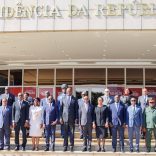
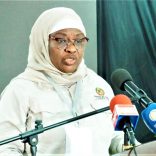
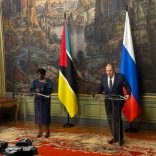
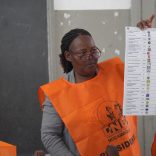







Leave a Reply
Be the First to Comment!
You must be logged in to post a comment.
You must be logged in to post a comment.